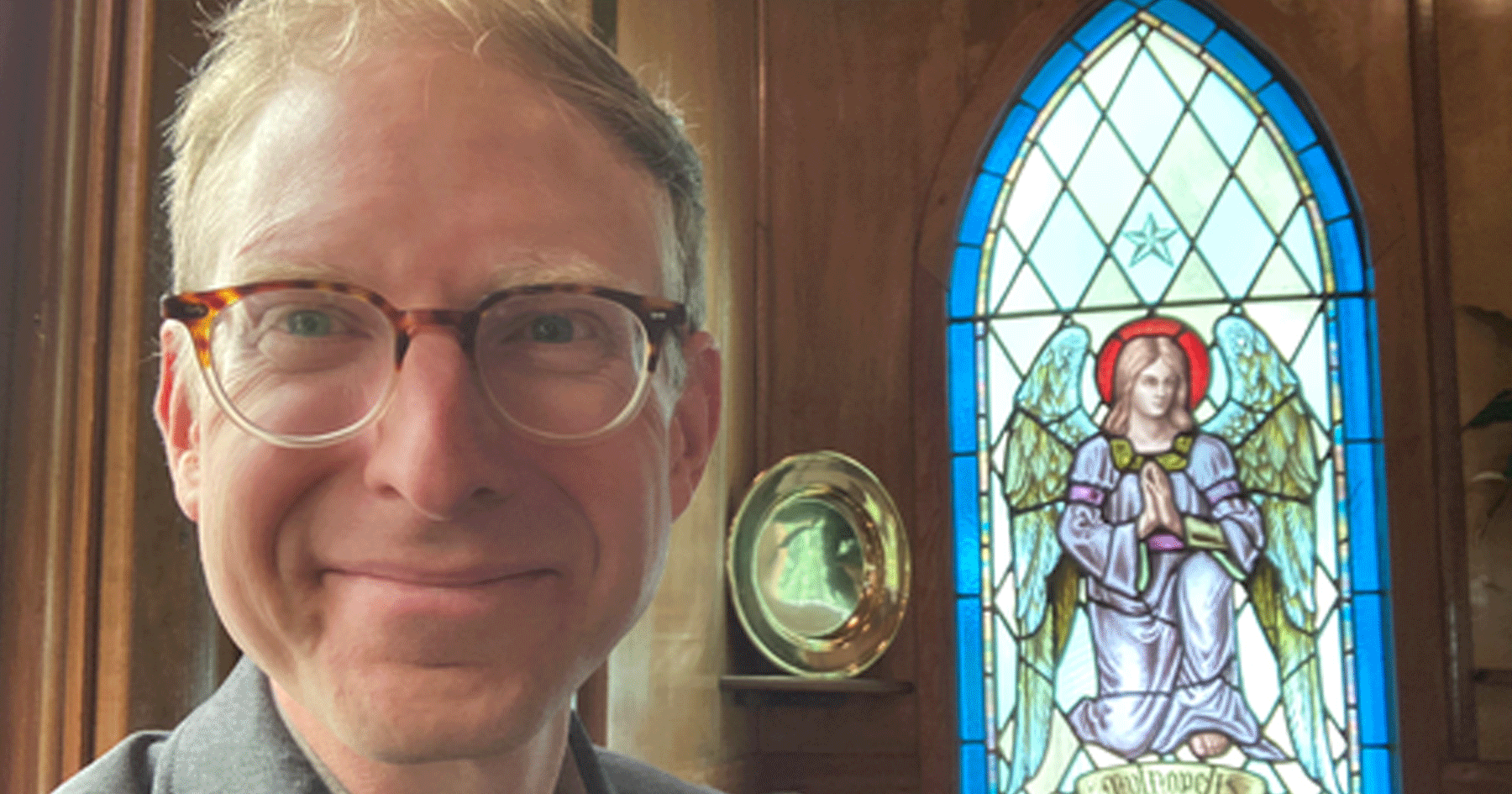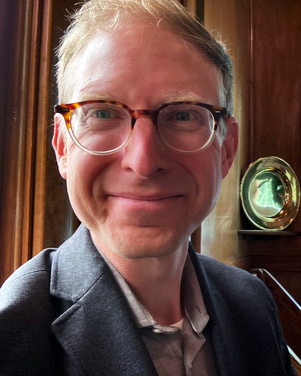“What are we waiting for?” That’s the question with which my friend, the Rev. Andrew Wilhelm-Boyles began his last advent sermon at St. Brigid’s, a few months before the cancer he was being treated for finally overtook him, ending his life.
“What are we waiting for?” my friend asked, rehearsing a question that he had heard some time before, from someone in his Education for Ministry (EfM) class. For Andrew, the question was less “what are you hoping will come to pass,” and more “why aren’t we getting on with it?”
This Advent, we find ourselves in the midst of deep uncertainty. We know that clergy are burning out. We know that congregations are exhausted. We are starved for a sense of direction and vision. “Where is it that God is taking us?” we ask. Where is God taking us, and what do we need to do to prepare ourselves—our hearts, our minds, our bodies—as well as our Christ-following communities to get going on that journey?
At times, it can seem as though the Lord is silent in a world gone mad. We find ourselves in the shadow of growing far-right extremism, ever mounting numbers of COVID-related deaths, the ongoing drug poisoning crisis, a societal inability to tell the truth about genocide (let alone move towards justice or reconciliation). Our LGBTQ2 siblings are facing growing threats to their lives. Economic inequality and financial distress are growing, as ever greater numbers of our neighbours are being pushed into poverty.
Our neighbours are suffering. And so are we. So. What are we waiting for? This isn’t simply a question for you as an individual (although it is that too). It’s a question for all of us. As we enter this Advent season, what are we waiting for? Why are we not acting in the world in ways that acknowledge the pain and suffering of our neighbours, and seek to share in their burdens, as Jesus would have us do? What’s holding us back?
My past few columns have focused on some of the impacts of a declining church, but this is not where I want to spend all of my energy. It’s important to pay attention to the reality of our current situation so that we might move faithfully into God’s future.
Truth be told, I’m tired of the question of what our church will look like in 2040. No Canadian Anglicans by 2040 is an interesting interpretation of the data, but what does it do to mobilize us? How does this help us to reorient our lives (individually and communally) around a gospel that has spiritual and practical implications? How does it help us to seek and embody a way of life that travels through disorientation and death to find God’s gift of life on the other side?
What I’m wondering at this moment is simply this. Do we believe that God still speaks today? If we believe that God still speaks, do we believe that God still speaks to us? If we believe that God still speaks to us, do we believe that God is speaking a word of life in the midst of all that we face, whether as individuals, as communities, as a nation, as a globe, and yes, as a church?
As we enter into this Advent season, I am challenged to ask what my actions say about what I believe. Perhaps you are too. When we act, when we listen, when we speak, how do we bear witness to the God of life who still speaks to us today? And how will we cultivate practices that help our existing communities—and those who Jesus is calling to himself—to embody these things together?
In Advent, we ought to start with joyful expectation. We ought to start where we are, and open ourselves vulnerably to the God who enters vulnerably into our world. In this time and place, we are being called not into a place of strength, but one of weakness, of paying attention to God in the places where we—and the world—are most vulnerable, and attending to God there.
Where are we weak? Where are we vulnerable? Where is the world in a similar situation? As we turn our attention to these places, may we do so with both attention and intention, seeking to discover what God is about to birth amongst us.


